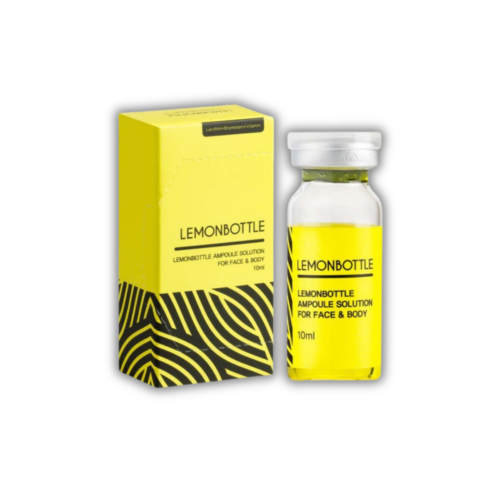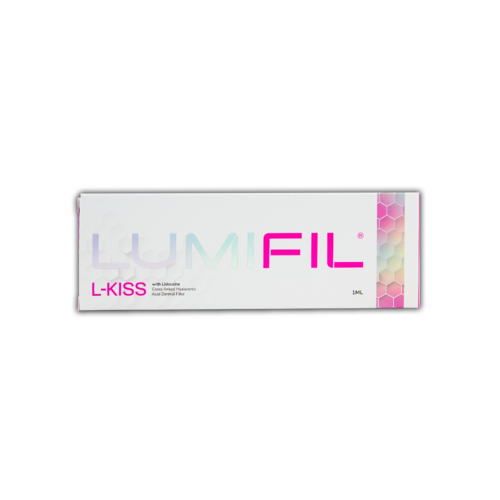Order by 3pm to Get Next Working Day Delivery
Save an extra 10%
-
HOT

Lemon Bottle ( 1 Vial )
£29.99 £24.99 ex. VAT -
HOT

Lumifil Kiss
£20.40 £17.00 ex. VAT



Having hydrated and glowing skin is something we all want. Dehydrated skin looks dull, feels tight, and can even make wrinkles look worse. Nobody wants that! The good news is, that you can keep your skin looking its best by following some simple tips.
Keeping your skin hydrated from the inside out is super important. When your body doesn’t get enough water, it shows on your face. Besides drinking water, eating the right foods is key too. Fruits and veggies are loaded with water and nutrients that nourish your skin.
The products you use on your skin make a difference too. Sounds good, right? Let’s look at all the best ways to hydrate your skin from the inside out. Get ready for a serious glow-up!
The first and most important step for hydrated, glowing skin? Drink lots of water! Our bodies are made up mostly of water, so we need to keep replacing the water we lose every day.
You’ve probably heard that you should drink 8 glasses of water daily. But the truth is, everyone’s water needs are a little different based on their age, activity level, and even where they live. A good general rule is to drink enough water so that your pee is pale yellow or almost clear.
If your pee is dark yellow or amber coloured, that’s a sign you need to drink more H2O! Other signs of dehydration include feeling thirsty, having dry mouth, fatigue, and headaches.
Carrying a reusable water bottle can help you drink more throughout the day. Keep it filled and take sips regularly. You can also eat water-rich foods like watermelon, cucumber, and berries to help meet your hydration goals.
What goes into your body has a big impact on the state of your skin. Eating a balanced diet packed with skin-loving nutrients is key for that coveted glow.
First up, load up on water-rich fruits and veggies. Foods like watermelon, cucumber, tomatoes, and oranges have a high water content to hydrate you from the inside out. Next, don’t skimp on those healthy fats! Avocados, nuts, seeds, fatty fish – these all contain nourishing oils that help keep your skin soft and supple.
Antioxidant-rich foods are your skin’s best friends too. Colorful produce like berries, leafy greens, and red peppers neutralise skin-damaging free radicals from things like sun exposure and pollution.
Cleansing is a crucial step in any skincare routine, but did you know using the wrong products can actually dry out and damage your skin? That’s why choosing a gentle, hydrating cleanser is so important.
The key is to look for gentle, non-drying cleansers. Harsh soaps or products with sulfates can strip away your skin’s natural oils, leaving it feeling tight and parched. Instead, opt for creamy or milky cleansers made for your specific skin type. If you have dry skin, look for hydrating, non-foaming formulas. For oily or acne-prone skin, go for a gel-based cleanser that’s still gentle.
When washing your face, be sure to massage the cleanser in gently with your fingertips. Avoid aggressively rubbing or using scratchy cleansing tools that can irritate your skin. It’s also a good idea to avoid over-cleansing. Washing too frequently, like more than twice a day, can disrupt your skin’s moisture barrier.
Exfoliating is kind of like a deep clean for your face. It buffs away the dulling dead cells so new, radiant ones can shine through. No more ashy, lackluster tone – just a luminous, smooth complexion!
There are two main ways to exfoliate: physical and chemical. Physical exfoliators have gritty particles that manually slough off the dead layer. Think scrubs with beads, salt, or sugar.
Chemical exfoliants use alpha-hydroxy acids or enzymes to dissolve and lift away dead cells. Toners, peels, and some cleansers and masks contain these.
How often you exfoliate depends on your skin type. Most can handle 1-2 times per week. If you have sensitive skin, stick to a super gentle chemical exfoliant weekly. Oily types may prefer more frequent physical scrubbing.
Face masks are an easy way to drench your skin with moisture from the comfort of home. There are all kinds out there – cream, gel, sheet masks. They’re loaded with hydrating and nourishing ingredients like hyaluronic acid, glycerin, oils, and butters.
Sheet masks are especially awesome for dehydrated skin. The fabric mask is soaked in an ultra-hydrating serum that you just slap on your face for 15-20 minutes. Hello, instant dewy skin!
For a real moisture overload, try an overnight or sleeping mask. You slather it on before bed so it can deeply nourish your skin all night long. Wake up with a total radiance revival!
If you want to kick things up a notch, book yourself a professional hydrating facial. Estheticians use fancy techniques and potent products to really supercharge your skin’s hydration levels.
You can be drinking tons of water and using all the moisturising products, but some lifestyle habits can still sap your skin’s hydration.
One of the biggest factors is stress. When you’re constantly stressed out, your body pumps out more cortisol, the ‘stress hormone.’ Too much cortisol can disrupt your skin’s protective barrier, allowing more moisture to escape.
Lack of quality sleep is another moisture zapper. Your skin’s repair and regeneration processes are most active while you snooze. If you’re not catching enough sleep, your skin can’t properly rehydrate.
Environmental factors like pollution, dry air, and excessive sun exposure can also wreak havoc. Harsh elements break down your skin’s protective lipid barrier, causing dehydration.
Achieving hydrated, glowing skin is all about maintaining a consistent skincare routine that combines drinking plenty of water, eating a balanced diet, using gentle yet effective products, and adopting a healthy lifestyle. When you give your skin the nourishment it needs from the inside and out, you’ll be rewarded with a fresh, dewy, and radiant complexion that radiates vitality. Remember, beautiful skin requires commitment, but the effort is well worth the gorgeous glow.
Drinking plenty of water is crucial for skin hydration. Aim for 8 glasses of water per day.